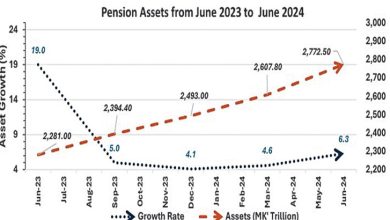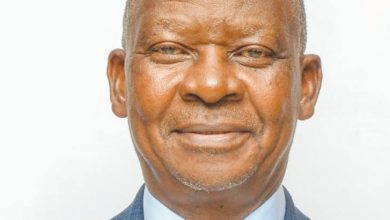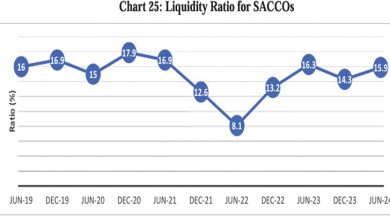Money supply growth, threat to inflation, say economists
Malawi’s broad money supply has continued to increase for 10 months in a row, hitting K4.7 trillion in July, in a development economists say could put pressure on inflation currently at 33.9 percent.
Reserve Bank of Malawi (RBM) data shows that this is a rise from K4.6 trillion recorded in June, pushing the annual growth rate of money supply, the total volume of money held by the public at a particular point, to 43.8 percent in July.
The central bank has attributed the increase in money supply to substantial year-on-year growth in term deposits, foreign currency-denominated deposits and currency in circulation outside banks.

In July 2024, term deposits increased to K457.8 billion compared to K354.3 billion in June, highlighting strong savings activity in longer-term accounts, data shows.
On the other hand, foreign currency deposits increased to K330 billion in July from K297.9 billion in June, reflecting increased interest in foreign currency-denominated accounts amid the kwacha’s depreciation.
Meanwhile, currency circulating outside the banking system rose to K238.7 billion in July from K224.8 billion in June.
Economists believe the sustained rise in money supply is a key factor that could have implications on prices to an economy that is facing cost of living crisis.
In an interview on Wednesday, Catholic University of Malawi economics lecturer Derrick Thomo warned that the rise in money supply could increase economic divides, considering that it is benefitting wealthier people, particularly through foreign currency deposits.
“This increase is driving inflation up, especially in essentials such as food and housing; hence, disproportionately affecting low-income families as their purchasing power diminishes and the cost of living rises.
Economics Association of Malawi acting president Bertha Bangara-Chikadza cautioned that if money supply does not keep pace with money growth, it could result in demand-pull inflation.
“This may lead to increased production costs for businesses and consequently, the burden may be passed on to consumers in the form of higher prices,” she said.
Economist Gilbert Kachamba earlier said the interplay between rising liquidity, inflation and investment can be crucial in shaping money supply growth in the coming months.
Despite increase in money, the RBM data shows that growth in demand deposits has slowed, with year-on-year growth in demand deposits recorded at K405.2 billion in July from K496.74 billion in June.
In its July 2024 Malawi Economic Monitor, the World Bank urged Malawi Government to implement multifaceted policies that address supply factors and money growth to contain inflation.




